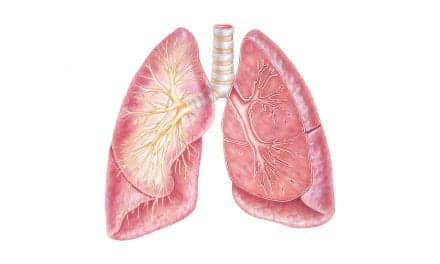Certain proteins in the airway can trigger asthma attacks when patients come in contact with airborne viruses and allergens, according to a team of international researchers.
A pre-clinical study led by physicians from the University of Newcastle (Callaghan, New South Wales, Australia) analyzed the effects on the airways of patients infected with the common cold virus or exposed to allergens such as house dust mites.
Results of a comprehensive gene expression analysis led to the initial discovery of the role that two proteins play in an asthma attack. The proteins, known as midline 1 and protein phosphatase 2A, affect lung inflammation and the production of mucus.
When exposed to the cold virus or allergens like dust mites, these proteins trigger a sequence of events that lead to an asthma attack, according to researchers.
Scientists said the treatment of these early signals could stop asthma attacks in their tracks.
“Our pre-clinical disease models showed that we can inhibit the pathway and protect against the development of both virus- and allergen-induced asthma,” said lead scientist Joerg Mattes, MD, the Chair of Pediatrics and Child Health at the University of Newcastle’s School of Medicine and Public Health.
“Obviously it is better to target these earlier signals rather than the hundreds of downstream effects,” said Adam Collison, an author on the study.
As a result of the findings, researchers have begun testing therapeutic strategies for the development of targeted drugs ahead of full clinical trials, according to the university.
The study was conducted by an international team of researchers from University of Newcastle, University of New South Wales, the University of Cincinnati and the Imperial College London.
Their findings were published in the journal Nature Medicine.









